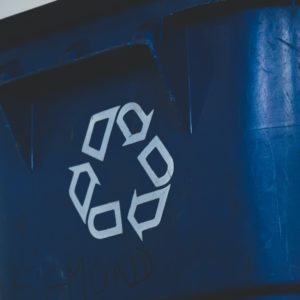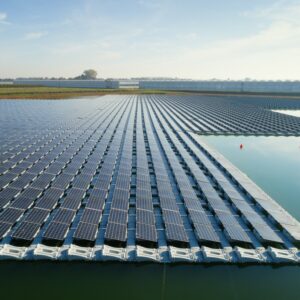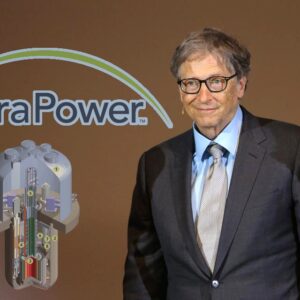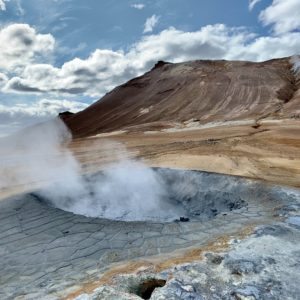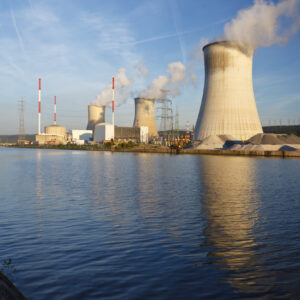A new recycling facility in Lodi, California, is set to enhance food and beverage carton recycling, expanding sustainable building material production on the West Coast. Developed in collaboration with the Carton Council, Elof Hansson USA Inc., and the Upcycling Group, the facility is expected to begin operations by the end of the third quarter. It will process post-consumer...
US grid investments take off as power demand hikes
Investors are scrambling to build transmission infrastructure to meet surging power demand from data centers and accommodate a vast array of clean power projects waiting in grid connection queues. Demand for clean power hiked on the back of falling costs, federal tax credits, and ambitious renewable energy targets, leading to over 2.5 TW of solar, wind and...
Transmission is the key to American energy dominance
A lot can change in four years. When it comes to our energy grid, the axiom rings especially true. As the Trump administration gets settled in, new challenges are threatening the reliability and affordability of our energy systems. The rise of artificial intelligence and a domestic manufacturing boom has sent electricity demand skyrocketing after more...
The Problem With DeepSeek’s Energy Breakthrough
Unsurprisingly, the news that China’s DeepSeek AI had leapfrogged competitors triggered an investor sell-off. It dragged down Nvidia, the American chipmaker powering the AI revolution, as well as related tech stocks, from Micron and Advanced Micro Devices to manufacturing juggernaut TSMC. There is, after all, some wisdom in worrying that we don’t know who the ultimate...
Chevron Joins Race to Generate Power for A.I.
The artificial intelligence boom has turbocharged demand for electricity, and everyone who is anyone in the U.S. energy industry wants a piece of the action. The latest entrant is Chevron, the country’s second-largest oil and gas company, which sees opportunity in building natural gas-fueled power plants that will feed energy directly to data centers. Chevron...
Floating solar has massive potential in the US
When we think of solar, we tend to picture shimmering expanses of panels spread across farmland or mounted on rooftops. But how about attached to a raft, floating atop a reservoir? Floating solar photovoltaics, also called “floatovoltaics,” is an emerging technology that’s taken off in countries across Asia and Europe, especially near urban areas with limited space available...
Bill Gates’ nuclear energy startup inks new data center deal
TerraPower, a nuclear energy startup founded by Bill Gates, struck a deal this week with one of the largest data center developers in the US to deploy advanced nuclear reactors. TerraPower and Sabey Data Centers (SDC) are working together on a plan to run existing and future facilities on nuclear energy from small reactors. Tech companies are...
DOE offers $30M for superhot rock geothermal projects
The Department of Energy last week launched a research and development program into the production of superhot rock geothermal energy, a resource that is unused but has major potential — 1% of its U.S. capacity could provide 4.3 TW of firm power, according to the Clean Air Task Force. DOE’s Advanced Research Projects Agency-Energy is offering $30...
A Nuclear Revival in Michigan
While more approvals are necessary to begin operations, recommissioning nuclear power plants will play a vital role in meeting America’s growing energy demand and increasing nuclear energy capacity in the U.S.
Hybrid Waterjet Ferries Mark a First in U.S. Maritime Sustainability
Marine Jet Power (MJP) and Derecktor Shipyards New York have launched the first hybrid passenger ferries in the United States powered by waterjet propulsion. Commissioned by Chatham Area Transit (CAT) in Savannah, Georgia, these vessels represent a step forward in sustainable transportation. The 65-foot ferries, Juliette Gordon Low II and Susie King Taylor II, are equipped with MJP UltraJet 305...
